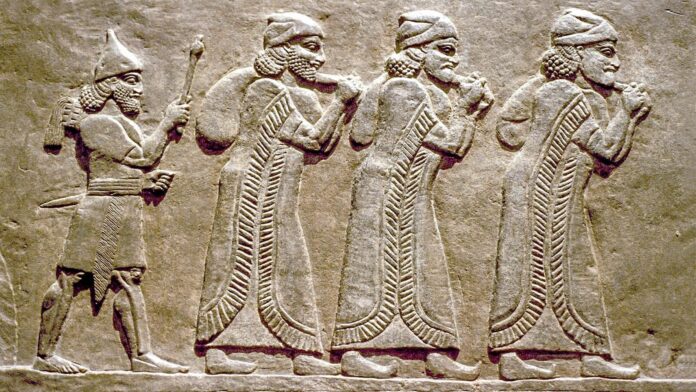How the Mighty Assyrian Empire Ensnared the Northern Kingdom of Israel
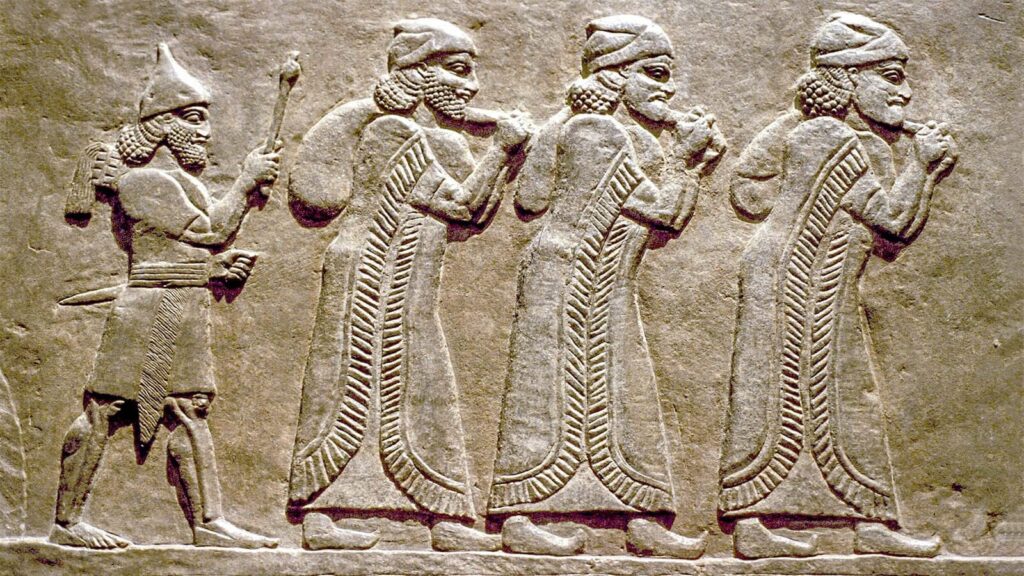
In the rich tapestry of ancient Middle Eastern history, few empires rivaled the Assyrians in might and ferocity. Their military strategies and ruthless tactics led to the subjugation of numerous peoples, including the Israelites of the Northern Kingdom of Israel.
Rise of the Assyrian Empire
The Assyrian Empire, originating from the city of Assur in present-day northern Iraq, aggressively expanded during the 1st millennium BCE. By the 8th century BCE, under influential kings like Tiglath-Pileser III and Shalmaneser V, the empire had reached its territorial peak, extending from modern-day Iran to Egypt.
The Fall of the Northern Kingdom
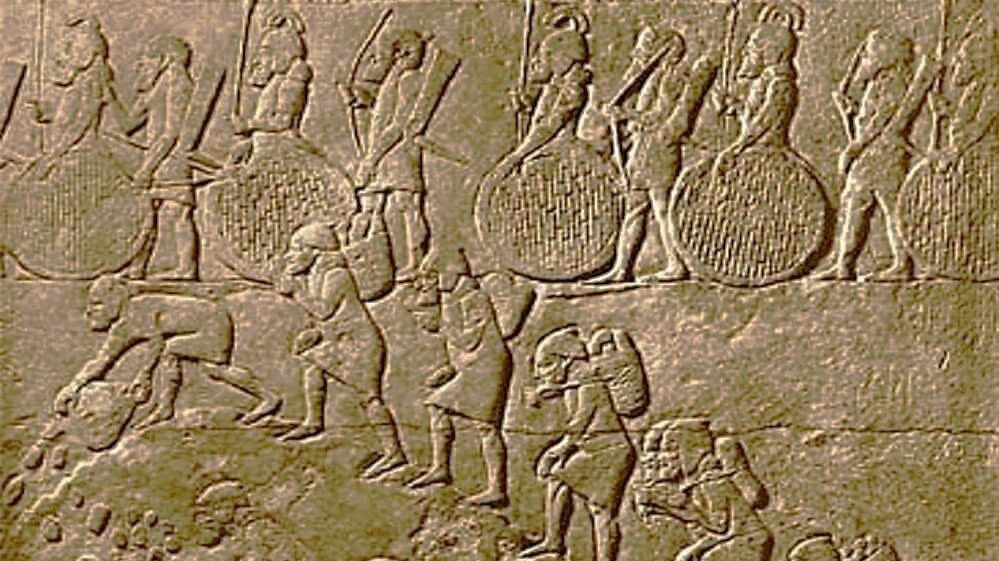
The Northern Kingdom of Israel, with Samaria as its capital, initially became a vassal state under Tiglath-Pileser III when King Menahem paid a hefty tribute to stave off invasion. However, later kings, such as Pekah, attempted to rebel and forge alliances to resist Assyrian control. This defiance led to dire consequences, as Shalmaneser V besieged Samaria for three years before Sargon II captured it in 722 BCE, marking the end of the Northern Kingdom.
Deportation and Assyrian Policy

The Assyrians implemented a brutal policy of mass deportation. Following the fall of Samaria, Sargon II displaced a significant portion of the Israelite population, with estimates suggesting around 27,000 were relocated across the Assyrian Empire. This strategy aimed to prevent future rebellions and assimilate the conquered into Assyrian society, resulting in the dispersion of the ten northern tribes, who would come to be known as the “Lost Tribes of Israel.”
Legacy and Implications
The Assyrian conquest had lasting effects on the Hebrew people:
Cultural and Religious Evolution
In exile, the Israelites encountered various cultures, leading to an exchange of ideas and beliefs. While many preserved their distinct identities, some assimilated into Assyrian society.
The Emergence of the Southern Kingdom
With the Northern Kingdom destroyed, the Southern Kingdom of Judah, centered in Jerusalem, became the primary Hebrew state. This geopolitical shift intensified the centralization of religious practices around the Temple in Jerusalem.
Historical and Biblical Significance
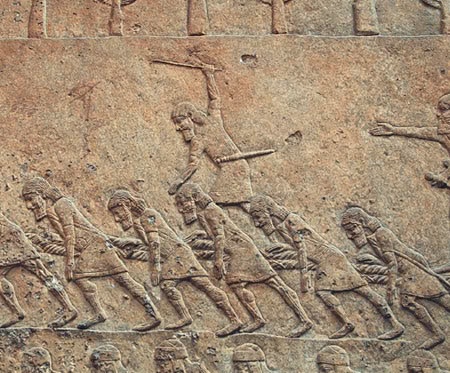
The Assyrian exile is referenced in biblical texts, including the Books of Kings and Chronicles. Prophets like Hosea and Isaiah interpreted the exile as divine punishment for Israel’s transgressions.
Historical Context of Deportation
While the Assyrian deportation is one of the most significant instances of Hebrew displacement, it was not the first. Earlier interactions with empires like Egypt led to the Israelites’ enslavement, as recounted in the Book of Exodus. The Assyrian deportation, however, stands out due to its scale and long-term cultural impact, resulting in the widespread displacement of ten of Israel’s twelve tribes.
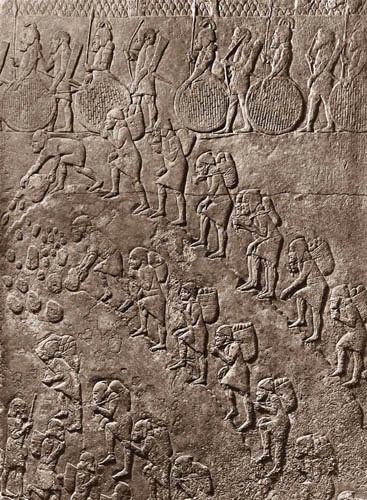
The Assyrian enslavement of the Israelites serves as a profound reminder of the tumultuous histories that shaped ancient Middle Eastern civilizations. Though the Northern Kingdom of Israel ceased to exist, its cultural and religious legacy continued to resonate, significantly impacting ancient Semitic traditions and beliefs.
